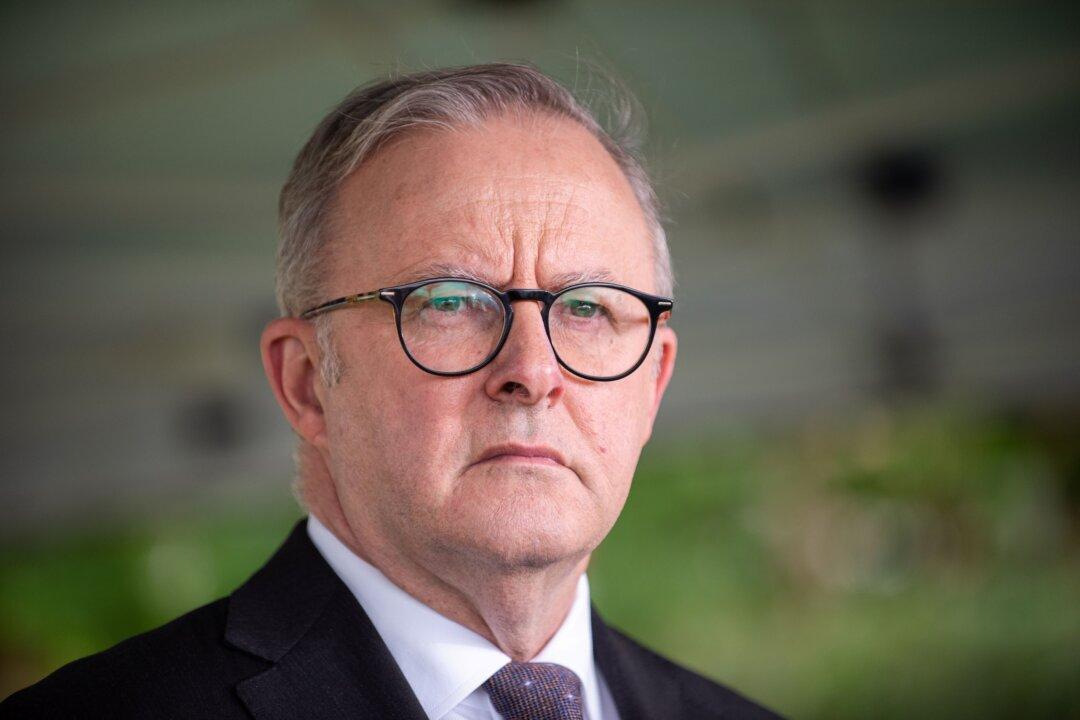Prime Minister Anthony Albanese has vowed to spearhead a cultural transformation within government at every level to combat longstanding Indigenous inequality.
The government presented its plan to tackle Indigenous inequality as it presented the Commonwealth’s Closing the Gap annual Report 2023 and the Implementation Plan 2024 to Parliament.





